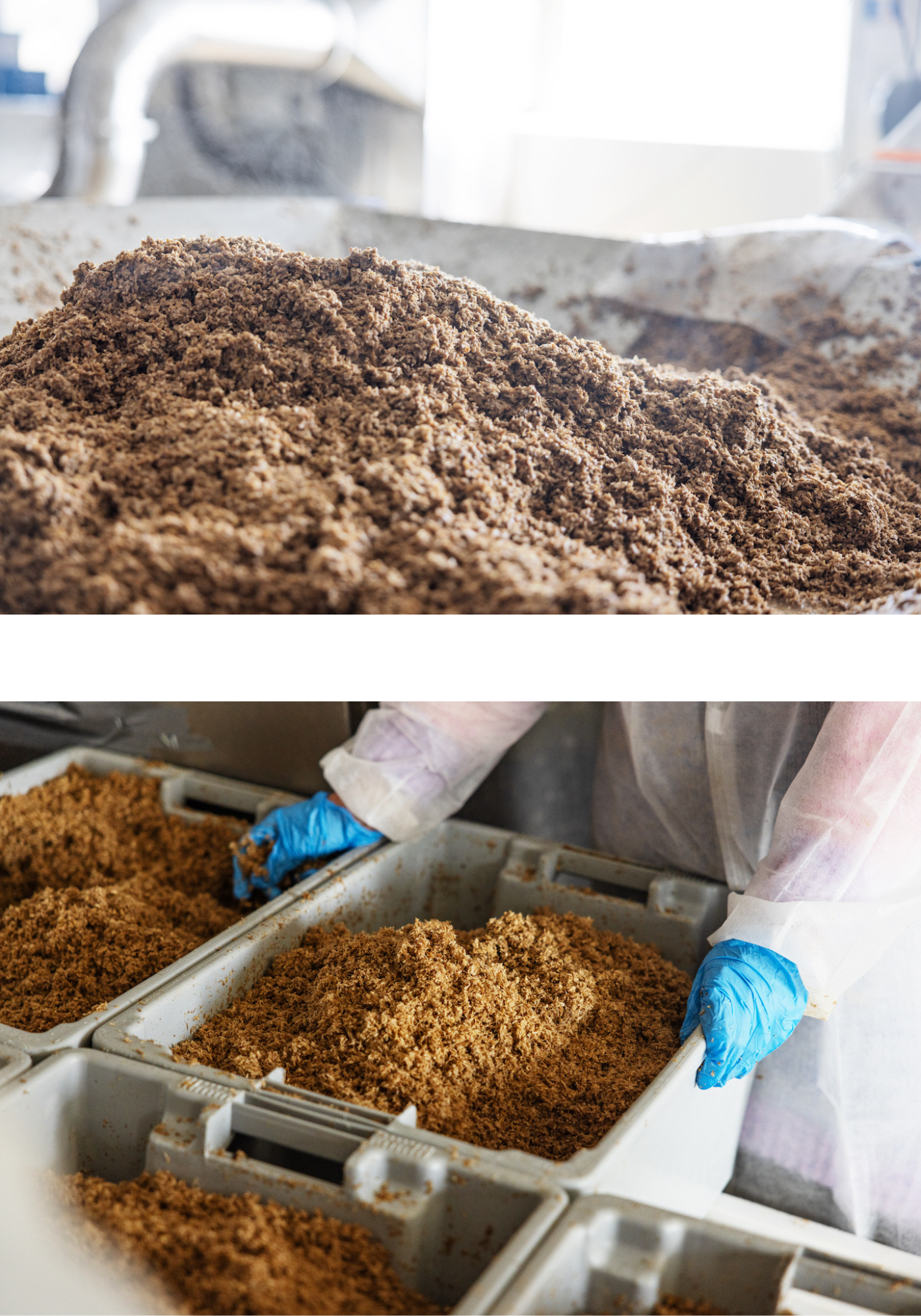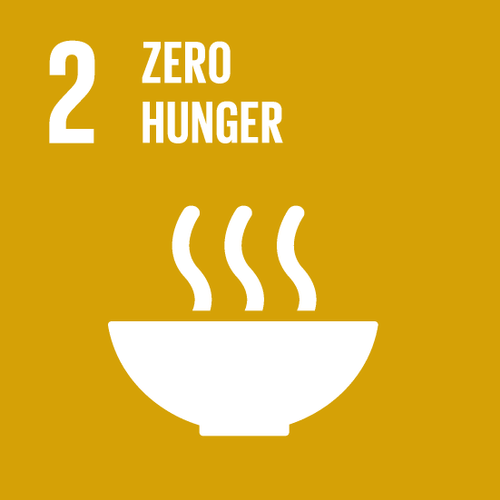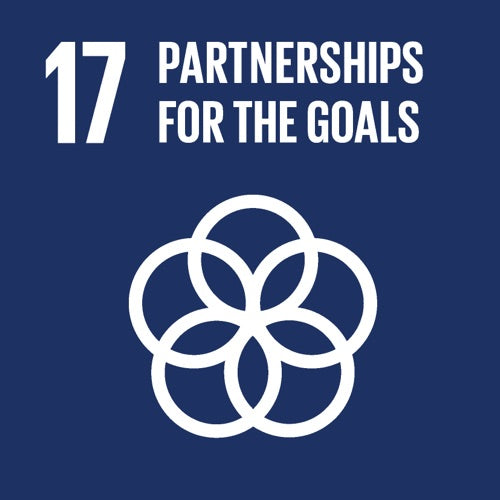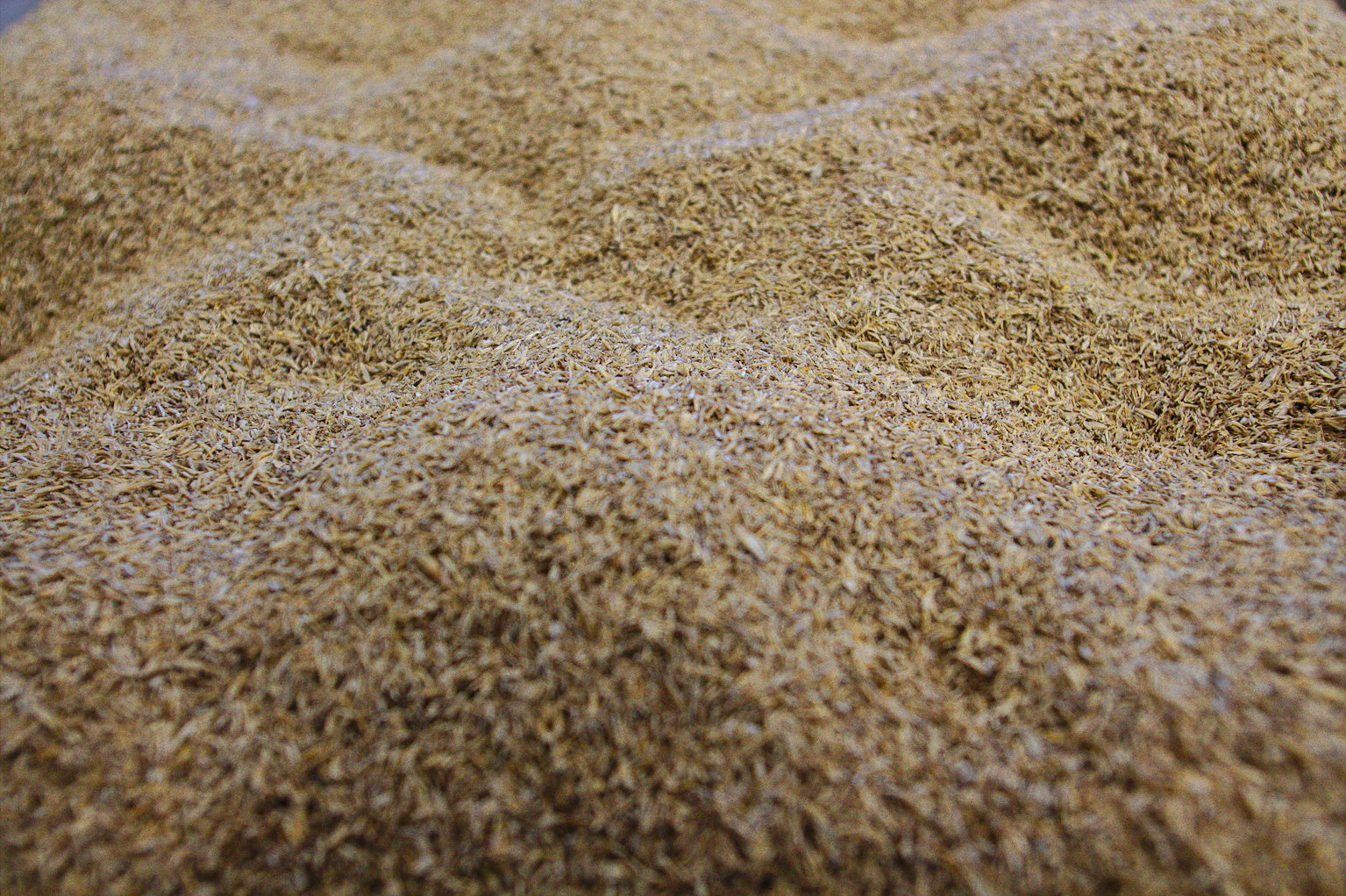Sustainability
The food system is broken!
And it requires bold change to repair the system. That means a complete re-design of how we produce the food we love to eat. Instead of wasting valuable resources, we can turn them into new nutritious and delicious ingredients.
This is upcycling, and this is what we do!

30% of all food produced goes to waste
The world’s population is growing and the demand for food is rising. Yet according to the UN, one third of all food that is produced is lost in production or wasted in supermarkets and households.
Meanwhile, intensive global food production is fuelling the climate and biodiversity crises.
Agriculture is responsible for 80% of deforestation and 70% of biodiversity loss, while more than a quarter of global greenhouse gas emissions come from food and agriculture. Half of the world's habitable land is used for agriculture and over 50% of this land is degraded, making it difficult to grow food on in the future.*
The good news is that it doesn’t have to be this way. At Agrain, we believe that the way that we produce food can and must change. With every upcycled grain, Agrain flour is leading the transition.
Change is brewing...
Instead of growing more flour on new land, Agrain transforms discarded spent grains from beer brewing into a flavourful, nutritious flour.
Beer is one of the most consumed beverages in the world. When brewers make beer, they malt and mash grains to extract their sugars. What is left is an untapped resource packed with fibre, protein, and aroma.
Every year, breweries produce approximately 40 million tons of spent grain, making it one of the biggest side streams in the food industry.
Discarding these grains is not just a waste of nutrition, but also a waste of the energy and land that was used to grow them if we haven’t used the grains to their full potential. By upcycling spent grains, Agrain unlocks a delicious solution to sustainable food production.
Bake the world a better place
Every grain, once destined for waste, becomes a flavour-packed journey towards sustainability. By upcycling spent grains into flour, we reduce food waste and elevate taste with less environmental impact than conventional flours.
Every grain is one step closer to healthy diets that are also good for the planet. In fact, it turns out that Agrain flour is one of the most sustainable source of protein out there!
For every 1kg of regular flour that is replaced with Agrain flour, 2m2 of land normally required for flour production is saved since no new grains need to be grown. In the same way, our upcycled flour saves water, reduces CO2 emissions, and prevents more ecological damage caused by fertilisers and pesticides.
Sustainability & Transparency
Our commitment to sustainability builds on four of the UN’s 17 Sustainable Development Goals: Zero Hunger (SDG2), Responsible Consumption and Production (SDG 12), Climate Action (SDG 13) and Partnerships for the Goals (SDG 17).

#1
ZERO HUNGER

#2
RESPONSIBLE CONSUMPTION AND PRODUCTION

#3
CLIMATE ACTION

#4
PARTNERSHIPS FOR GOALS
Transparency is important to us both for the benefit of our customers and for ourselves, so that we know exactly how we need to improve. That’s why we’ve conducted a Life Cycle Assessment (LCA) of Agrain flour in collaboration with a third-party environmental evaluation expert.
We adopted the Product Environmental Foodprint (PEF) method, the European Commission’s recommended framework for assessing the environmental impact of products throughout their life cycle. The PEF method measures the environmental footprint across 16 impact categories, including climate change, land use, water use and resource use. This has provided us with a comprehensive understanding of the benefits and trade-offs of Agrain flour compared to other flours and foods.
The results have been validated by Bureau Veritas, an independent auditor, in compliance with ISO standards. The full Agrain Life Cycle Assessment report can be accessed here.
*References and further reading:
- Agrain Life Cycle Assessment (LCA) report
- Agrain Baseline report
- WWF Report on Agriculture & Biodiversity
- Our World In Data: Environmental Impacts of Food Production
- Food waste in Europe: statistics and facts about the problem
- European Commission. Preventing food waste, promoting Circular Economy
- Upcycled Food Association - Definition of Upcycled Foods
